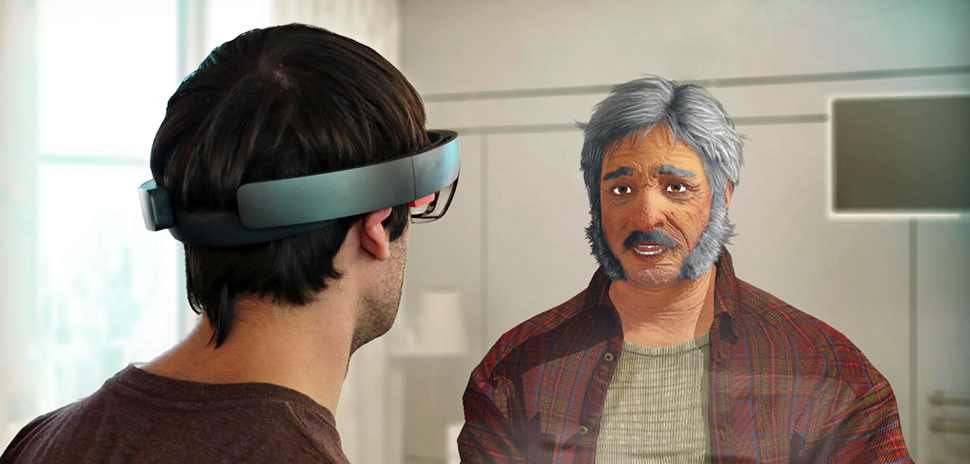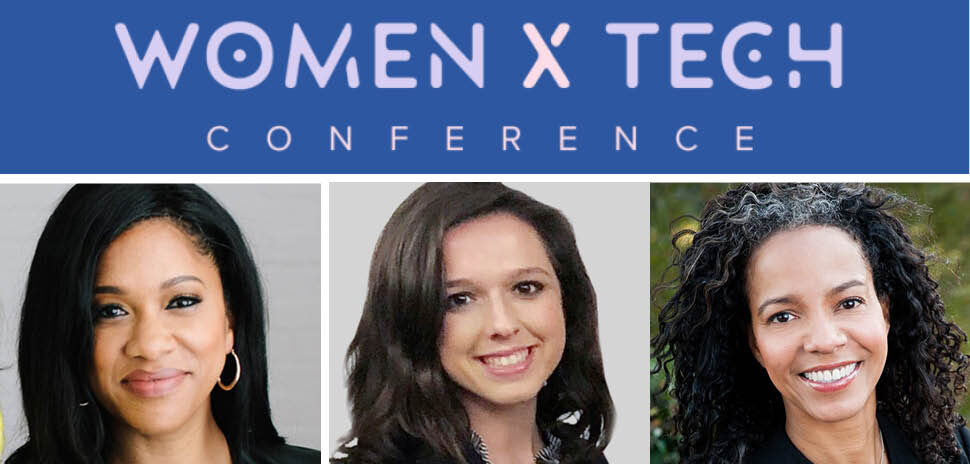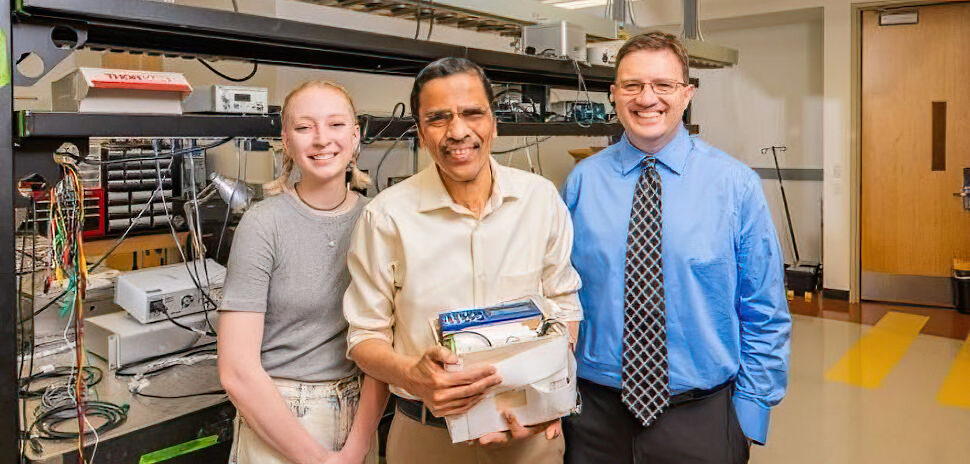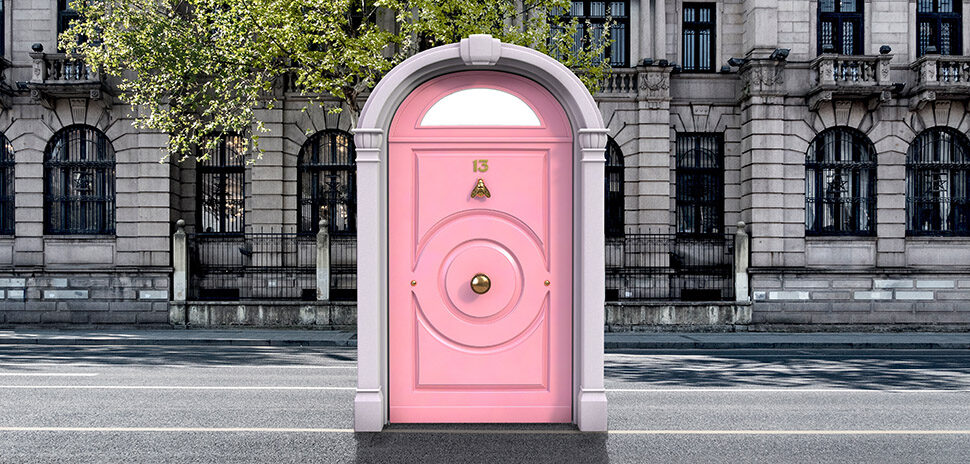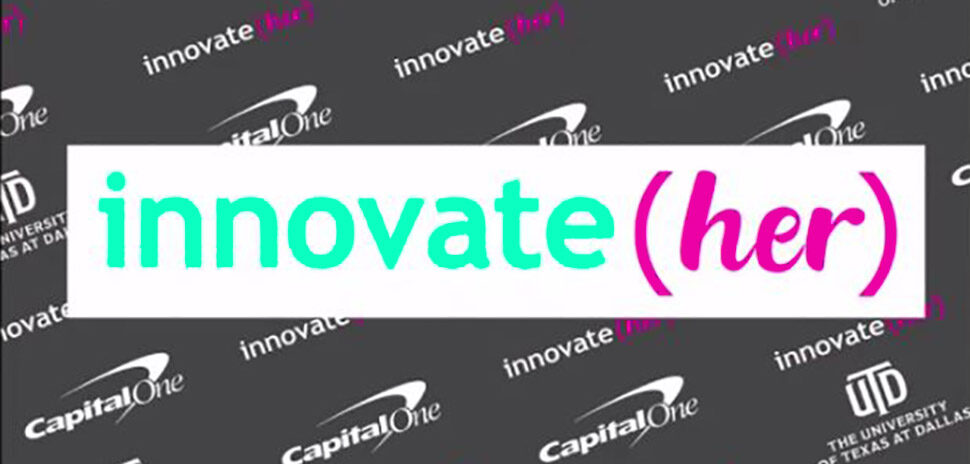![]() Every week, we do a little research of our own. We’re looking for scientists, professors, engineers, entrepreneurs—anybody, really—engaging in research and development across North Texas.
Every week, we do a little research of our own. We’re looking for scientists, professors, engineers, entrepreneurs—anybody, really—engaging in research and development across North Texas.
There’s plenty of good work being done. If you want to put R&D under your microscope, sign up for our e-newsletter.
Meet Walter: UTD develops virtual reality “patients” to help medical students learn
A research team at the University of Texas at Dallas is using a new $750,000 grant from the National Science Foundation to study how augmented reality can help medical students prepare to interact with real patients.
The research is expected to look at a number of virtual interactions, such as virtual peers, virtual professors, and virtual patients, to determine the best methods for social learning.
“Augmented reality means you’re taking reality and adding something virtual to it,” Marjorie Zielke, Ph.D., a research professor and director of the Center for Modeling and Simulation/Virtual Humans and Synthetic Societies Lab, said in a statement. “In this research, we are exploring what role real peers, virtual peers, real professors and virtual professors play in learning about patient communication.”
The research team is developing an emotive virtual reality patient, “Walter,” to help medical students improve their patient communication skills. The students are using devices such as the Microsoft HoloLens, a head-mounted display resembling goggles that creates immersive, augmented reality holograms.
The virtual humans are designed to complement other training methods and will possess the lifelike ability to have a conversation and convey emotion. Zielke noted that it’s especially important in patient-physician relationships.
Zielke said the virtual patients can also exhibit symptoms to help medical students improve their nonverbal communication skills.
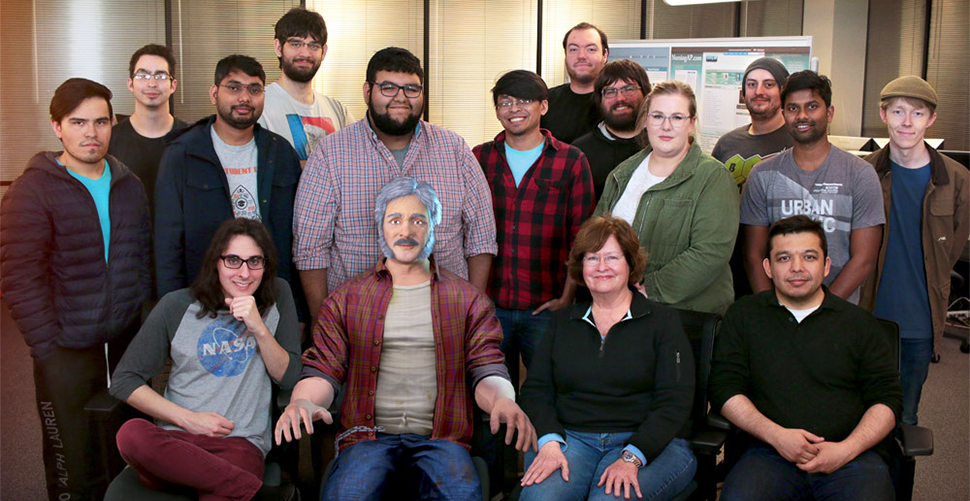
“Walter” joins members of the Center for Modeling and Simulation/Virtual Humans and Synthetic Societies Lab, which is led by Dr. Marjorie Zielke, a research professor (seated, second from right). [Photo: Courtesy UT Dallas]
UTA physicist supervising the Large Hadron Collider’s ATLAS experiment upgrade
In the world of physics research, the Large Hadron Collider (LHC) at CERN in Switzerland is a really big deal. In fact, it’s the world’s largest and most powerful particle accelerator.
The LHC is getting an upgrade, and an assistant professor of physics at The University of Texas at Arlington is supervising part of the ATLAS experiment, the largest general-purpose particle physics project at the LHC.
Haleh Hadavand is supervising an upgrade to the so-called High Luminosity LHC era, according to a statement. It’s an upgrade that will enable the LHC to deliver more data in a quicker amount of time and then be able to answer fundamental questions about the nature of the universe.
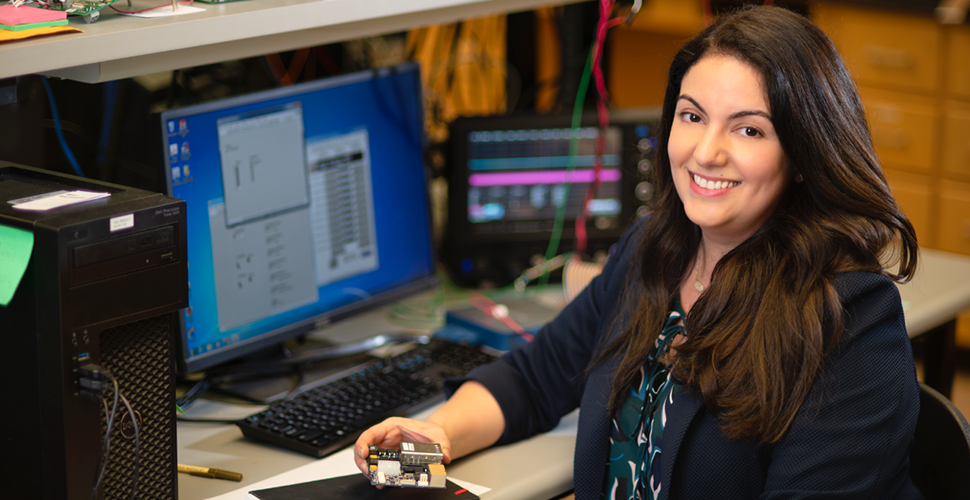
UTA’s Haleh Hadavand is supervising the upgrade. [Photo: Courtesy UT Arlington]
In 2016, we told you about how scientists from the University of Texas at Arlington helped discover the Higgs boson—also known as the God Particle—as part of the ATLAS experiment.
“It is an honor to be entrusted with leading a project that will allow us to gather more data in shorter timeframes with increased design luminosity,” Hadavand said. “A long-term, high-powered project such as this can lead us to physics beyond the Standard Model and potentially help us understand the components that make up our universe. It is a major accomplishment to have UTA represented on this stage.”
Dating back to 1992, the ATLAS experiment is backed by 35 U.S. institutions, most of which have been involved from the beginning. According to a statement, 35 U.S. managers are overseeing the current upgrade, including Hadavand, one of only three female managers on the project.
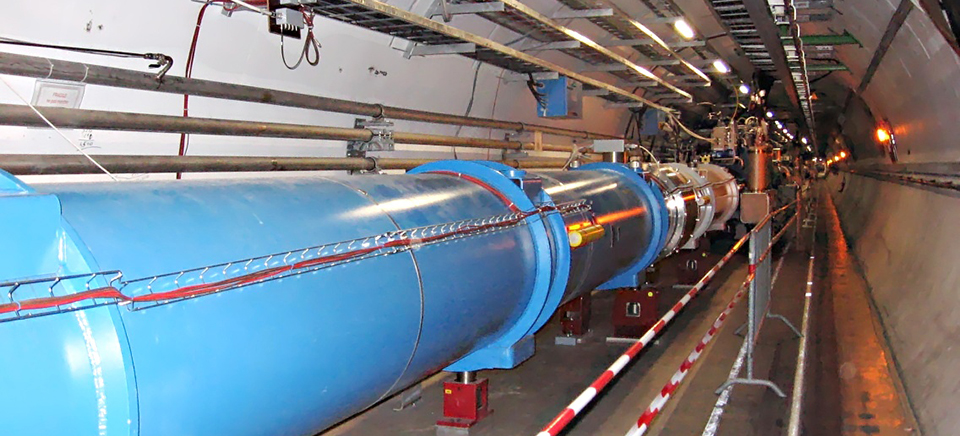
The large Hadron Collider tunnel at CERN, which is the largest and most powerful particle accelerator in the world. [Photo: Courtesy UTA]
UNT professors research how young kids express themselves through photos
An assistant professor at the University of North Texas is researching how children too young to write express themselves and tell stories via photography.
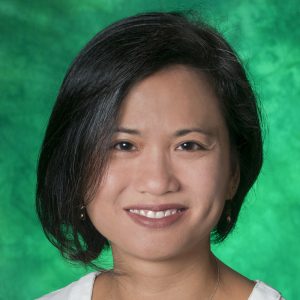
Tran Nguyen Templeton [Image: Courtesy Kara Dry/UNT Photo]
Tran Nguyen Templeton, who teaches in UNT’s College of Education, is researching how 2- to 5-year-olds express their understanding of the world and how they fit into it through photographs.
“If you think about literacy being writing and reading, we don’t often think of very young children as being literate,” Templeton said in a statement. “Literacy takes many forms. Photography is one way of being literate. Kids come into the world, they see images and make sense of those images.”
According to a statement, Templeton works with children in Denton-area classrooms, letting each child take a Kodak digital camera home and take up to 75 photos.
She then prints the photos and goes through them with the child and lets the youngsters tell her which photos are most important to them and why. Templeton asks them to choose five photos to share with their friends and takes note of the differences in what they tell each other versus what they tell her about the photos.
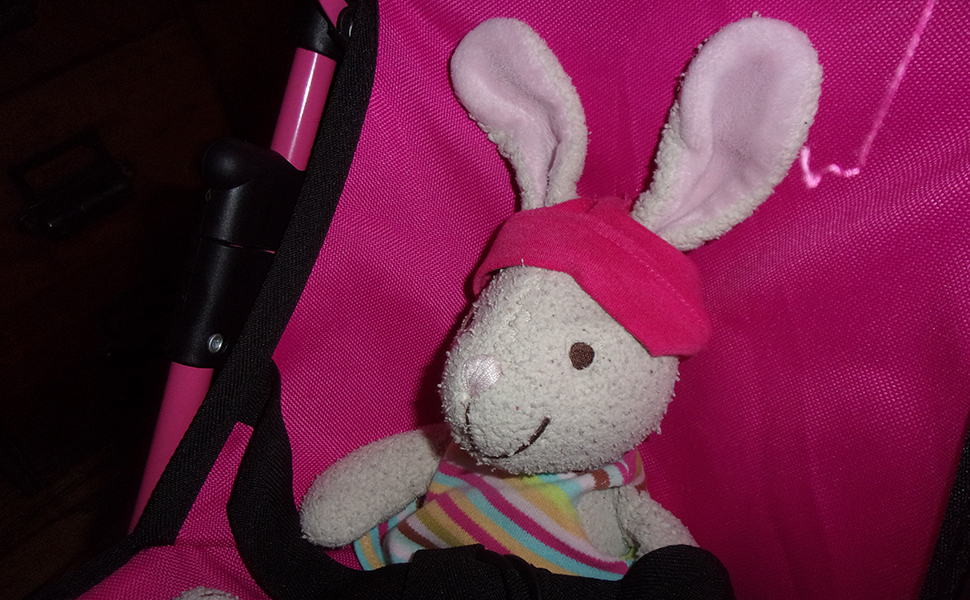
A photo taken by a young child as part of research by UNT professor Tran Nguyen Templeton. [Photo: Courtesy UNT]
![]()
Get on the list.
Dallas Innovates, every day.
Sign up to keep your eye on what’s new and next in Dallas-Fort Worth, every day.

